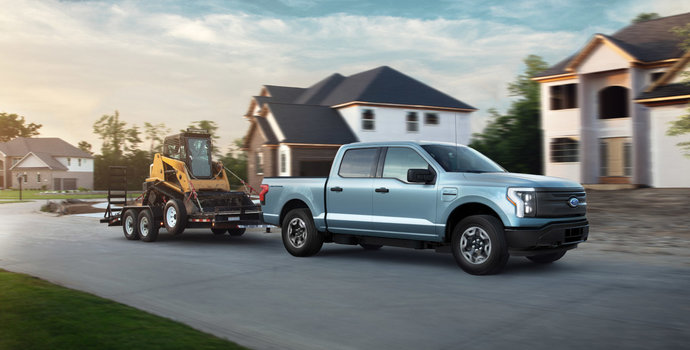The arrival of spring means many things to the people of Barrie. For most people, it means longer days, better weather, and planning for more outdoor activities. For drivers, it signals the end of icy road conditions and the beginning of better driving. And for some, it can mean the onset of allergy season as the air is filled with pollen and other allergens that can make for irritated eyes and sneezing.
It also means that after a long season of winter driving, it’s time to think about some spring vehicle maintenance. After all, winter is one of the most demanding seasons to be driving a car in, and Canadian winters are one of the most challenging for vehicles. While you should always be thinking about the ways to take care of your car with some post-winter vehicle maintenance, one aspect many people forget is the air filter. With dust, debris, and other contaminants in the air, your allergies aren’t the only things acting up. You should look into the state of your car’s air filters.
Bayfield Ford Lincoln recommends you think about checking your vehicle's air filter after this year's harsh winters. Here are some reasons for our recommendation:
Air Quality Always Matters
Whether it's for your car's engine, or for you and your passengers, good air is something that is always important. It's one of the reasons why it's recommended that filters in a home's furnace are changed with each season. Furnace filters are designed to protect people in the home from particles like dust, dirt, allergens, and other contaminants. Your car’s air filters have the same function.
Filters capture all those contaminants, but filters are finite. They can only capture so much before they are "full." Your car’s air filtration system is designed to protect your engine's air quality, while the other filters are designed for the comfort and safety of yourself and your passengers.
Protecting Your Engine
The operation of an engine is complex, but in some ways, it is like the human body. It needs the energy to operate, and air circulation is a crucial component of that operation, similar to human breathing. And in the same way that a person is healthier when breathing clean air, the same is true of your engine.
Combustion is the process of burning components to create energy, and cars employ this process in a portion of the engine known as the combustion chamber, where air and fuel are mixed and then burned to power the engine. That means the quality of the air, and how clean it is, impacts how combustion takes place, and subsequently, how much energy is produced during the combustion process.
If the air in the combustion chamber is filled with too many contaminants, it takes more time and more fuel to produce the amount of energy needed to power the vehicle. In other words, dirty air reduces your fuel efficiency, causing your car to need more fuel, and causing you to use more gasoline and spend more money to do so.
Air filters are an important component of the engine that clean and “scrub” the air, to ensure that few particulates and contaminants can affect performance and get into the combustion chamber. However, as with furnace filters, these filters can accumulate too much dirt and eventually become clogged. So, make sure to have them checked, cleaned, or changed.
Keeping You Comfortable
The air filter in place for the cabin of your car helps to keep things clean and is especially important for drivers that may have allergies. Filters can catch a lot of other things too, like insects, pollen, twigs, soot, and other detritus. For drivers or other family members that have a respiratory condition, whether it is allergies or something more serious, like asthma, air purity is important. Cabin filters, like furnace filters, can only work so long to filter out the air, and eventually, they need to be replaced.
When to Change Filters
Unlike your furnace filter, which is due for a change every season—or roughly every three months—air filters for your car can last a bit longer, depending on the distances you drive. While it’s a good time to add air filter replacement to your spring vehicle maintenance plans, the average time for both your engine and cabin air filters to change is after every 20,000 km. So, be sure to track your mileage and maintenance tasks.
For some, this averages out to about once a year, but depending on your driving patterns, the time to swap filters can vary a lot. The best thing to do is to pay attention to your driving experience. For example, if you notice that the emissions from your exhaust have changed, and your car is spewing much dirtier, smokier exhaust than before, it may be time to think about getting an engine air filter change.
On the other hand, if you're driving and now notice that there is an unpleasant smell in the cabin, regardless of whether the heat or AC is on, it may be time to get the cabin filter replaced. The areas that you drive in, whether you drive in a cleaner, more rural areas or in cities, with a heavier quotient of contaminants in the air, can also affect how quickly your filters get filled.
Protect Yourself and the Environment
Changing your car's filter isn't just good for you, but it's also good for the environment. A clean filter means that your car isn't putting out contaminants into the air. So, this spring, if you haven't given much thought to your air filters, have them checked out and see if they need to be changed.







